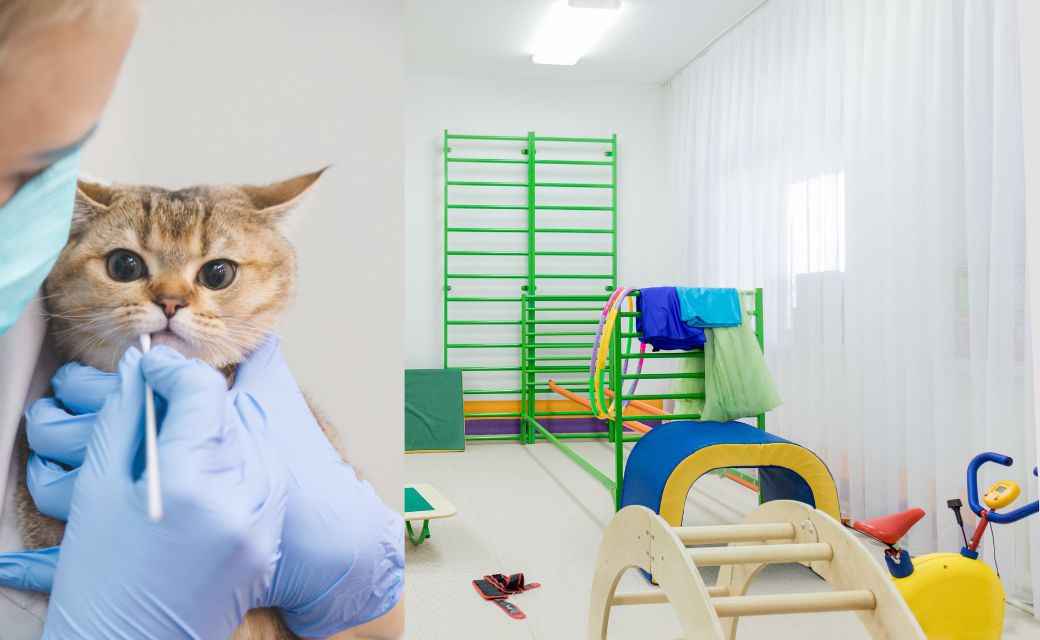
Medical Specialties with the Highest Job Satisfaction
Introduction
As we covered recently on this platform, being a doctor today isn’t quite the same as being a doctor a couple of decades ago. From more seasoned doctors to even newly minted physicians, most doctors say that medicine is changing for the worse and in some surveys, seven out of ten physicians are unwilling to recommend healthcare as a profession. But enough of this negativity. Surely, many doctors are happy to be practicing medicine. Let’s find out what makes them so happy, so you too can enjoy a fulfilling career as a future physician.
Defining Physician Happiness
Most Physicians are happy in two different life aspects:
- Happy at work.
- Happy on the outside of work.
Happiness Outside of Work
In the recent MedSchool Physician Lifestyle and Happiness Report of 2019, over three-quarters of surveyed physicians described themselves as happy outside of work. In other words, the genuine level of physicians’ happiness by specialty was as follows: rheumatology took first place, otolaryngology, and endocrinology at number three, followed by pediatrics and general surgery. On the bottom end, the five least happy specialties were oncology, pathology, cardiology, infectious diseases, and neurology.
Changes Over the Years
That was for 2019, but in last year’s Medscape report, the top five happiest specialties outside of work were immunology, dermatology, emergency medicine, ophthalmology, and plastic surgery. The bottom five were internal medicine, infectious diseases, oncology, public health & preventive medicine, and cardiology. Between 2018 and 2019, there isn’t much overlap. While Dermatology was a top-five happiest outside-of-work specialty in 2018, it was in the bottom third in 2019. Does this mean medicine is changing rapidly year to year, causing physicians to be miserable? I’d argue probably not. More likely, these are artifacts from survey collection methods and statistical limitations.
Range of Happiness
It is important to note, however, that the range of happiness of physicians outside of work was between 40% on the low end to 67% on the high end. Looking at the happiness at work, the range is less optimistic. The lowest rate of happiness was 24% and the specialty had the highest rate, being only 43%. According to Medscape report the relative happiness level at the workplace studied these specialties to be at the happiest form with dermatology in first position followed by ophthalmology in second and allergy and immunology in the third position while the fourth position was occupied by three specialties orthopedic surgery, psychiatry, and pulmonary medicine.
Discrepancy in Happiness
Well, what is then the big gap between happiness with the work life and the home life? First, let’s address the elephant in the room – why are doctors so much happier outside of work than at work? Well, despite what most social media influencers highlight on their Instagram or YouTube channels, medicine isn’t all fun and games. At the end of the day, being a physician is work. And on average, work isn’t as fun or happiness-inducing as leisure time with friends and family. Happiness is also likely decreasing on average amongst physicians as burnout is rising due to regulations resulting in more charting and less time actually interacting with patients. But we’re not going to focus on that – we’re keeping it positive in this video. Let’s discuss what makes physicians happy outside of work versus at work.
Lifestyle of the Specialty
Happiness outside of work is largely a function of what we call the lifestyle of the specialty. When we talk about the lifestyle of a specialty, we’re encompassing factors like the number of hours spent in the hospital, the amount of money one makes, and how predictable or unpredictable the work hours are, which is mainly a function of being on-call. With that in mind, it makes more sense for these favorable lifestyle specialties to score higher in terms of happiness outside of work. Emergency medicine has shift work, so you know exactly when you clock in and when you clock out, and you can choose the number of shifts you take per month. This makes for a great lifestyle. Plastic surgery, urology, and otolaryngology, also known as ENT, also scored highly on happiness outside of work. These three are all surgical subspecialties, meaning they make very good money. And because they deal with less urgent pathologies, their call isn’t nearly as bad as something like neurosurgery or orthopedic surgery. They have pretty good lifestyles, and it’s therefore no surprise that they score highly in happiness outside of work.
Dermatology’s Unique Position
Dermatology is unique in that it’s scored quite highly both at work and outside of work. Dermatology is one of the top two most competitive specialties, alternating the number one spot with plastic surgery, depending on the year. We joke that those who go into dermatology are doing it for the large paycheck, sweet lifestyle, and easy life. Except it’s not that much of a joke. Most dermatologists don’t take call, and they don’t have to work long hours either. In terms of lifestyle, it’s hard to beat. At work, dermatologists are also quite happy, at least according to the 2017 and 2018 results.
Factors Contributing to Work Happiness
What then makes doctors happier at work? It depends on a few factors, such as the amount of time spent with patients, versus charting or doing administrative work. The types of patients are important too. We call this the specialty’s patient population. A happier and healthier patient population is easier to work with than an unhealthy or difficult patient population. Immediate results and improvements in the patient’s condition are also rewarding. That’s why helping patients through procedures or rapidly treatable conditions is more happiness-inducing than, say, dealing with cancer or congestive heart failure. Lastly, high levels of stress at work will slowly but surely eat away at your sense of well-being.
Stress Levels and Patient Populations
With this in mind, it makes sense why dermatologists are happy at work. There’s low stress, they deal with happy and healthy patients, their treatments are measurable, sometimes involving procedures and usually demonstrate quick improvements. Cardiology, on the other hand, scored in the bottom five specialties across all three years. Again, this makes sense. Patients who need to see cardiologists are usually older on average with several comorbidities, meaning other medical conditions. The outcomes, meaning how the patients fare long-term, aren’t as good, so cardiologists are unlikely to witness rapid or measurable improvements over the course of treating a patient. Depending on the sub-specialization within cardiology, it can also be quite stressful.
Choosing Your Specialty
If you’re on the fence about two or more specialties, looking at data like this may be helpful. However, for most future doctors, I’d argue this sort of information should not significantly sway your decision. Chances are you’ll find one or two specialties you are particularly drawn to. Rather than looking at the data about others’ happiness levels, examine your own. During your rotations or while shadowing put yourself in the doctor’s shoes and consider the factors that influence happiness. Do you enjoy the patient population? What about the bread and butter, meaning the most common pathologies you’ll see day to day in that specialty? Do you enjoy working with your hands or do you prefer more face-to-face speaking with patients? Are unpredictable hours a deal-breaker for you or something that you can tolerate? Going into a specialty that you actually enjoy will be far more important in your long-term happiness than the mental exercises of thinking about which specialty has the best lifestyle, best procedures, or best compensation.
Avoiding Common Traps
That being said, don’t fall into the trap I’ve seen many succumb to. I’ve come across dozens of residents and even attending physicians who wanted to do a different specialty like orthopedics or dermatology or plastic surgery but ultimately had to compromise on something else because they weren’t competitive enough for the specialty they truly desired. If you think you’re not the smartest and that you’re doomed, stop right there. Your ability to crush your MCAT, USMLE Step 1, and have dozens of research articles is less a function of your intelligence and more a function of proper preparation, constantly iterating and improving, and putting in the work. Having a stellar medical school or residency application and crushing the interviews is no different, even if you don’t consider yourself a “people person.”








